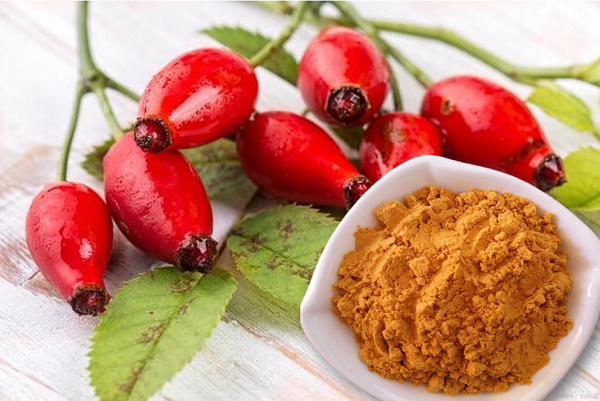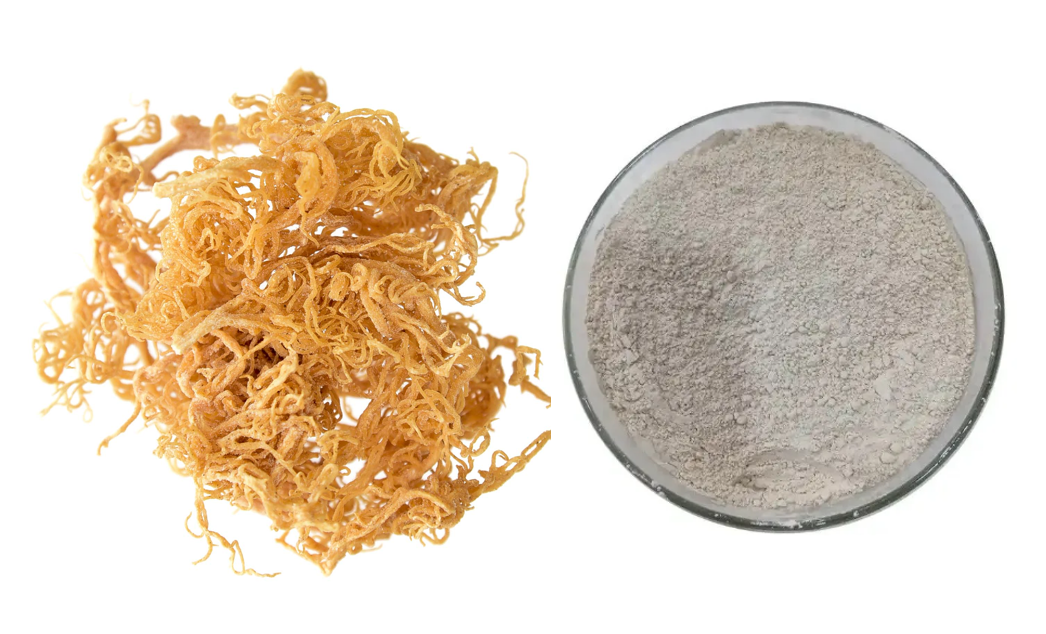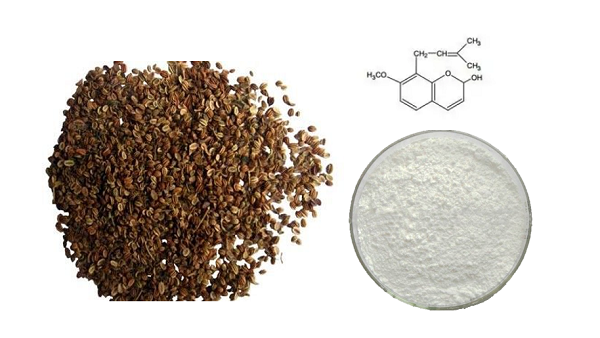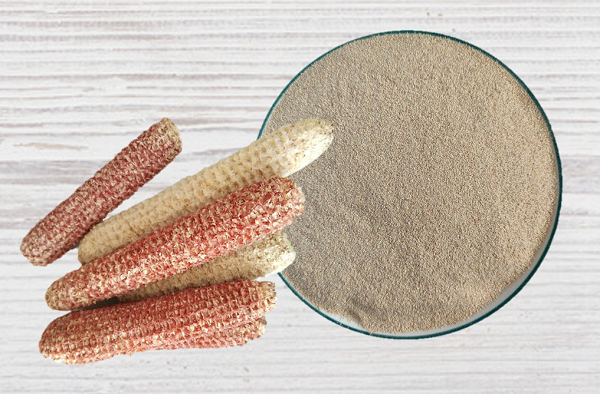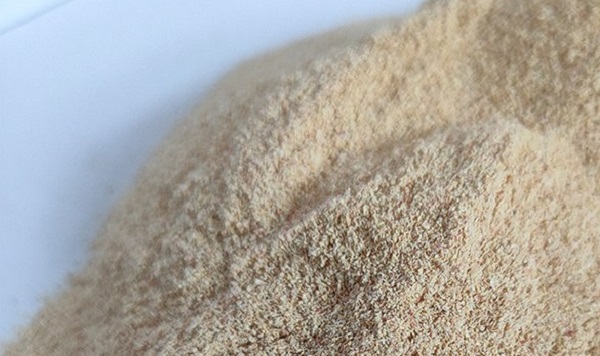Follow Us:
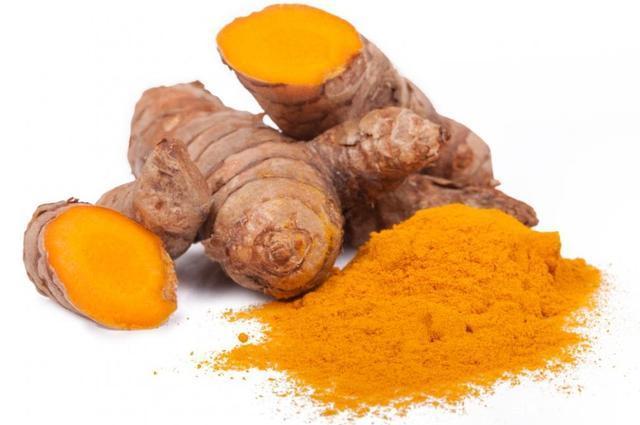
Turmeric for Dogs
Turmeric is a common spice in life. Turmeric can also be added to pet food as a beneficial ingredient. There are many benefits of eating turmeric for dogs. So, what is turmeric, what are the benefits of turmeric for dogs, and what are the side effects of turmeric? As a turmeric powder manufacturer, in this blog, I will answer these questions one by one. Let’s get started.
What is Turmeric?
Turmeric is a flowering plant belonging to the ginger family, scientifically known as Curcuma longa. Native to South Asia, this vibrant yellow spice is derived from the rhizomes (underground stems) of the plant, which are harvested, boiled, and then dried before being ground into a fine powder.
Turmeric is renowned for its distinct earthy flavor and bright golden color, making it a staple ingredient in various cuisines, especially in Indian and Southeast Asian dishes. It’s commonly used in curries, sauces, soups, and even as a natural food coloring agent.
The spice’s health benefits largely come from its primary active compound, curcumin, which is known for its anti-inflammatory, antioxidant, and potential health-promoting properties. Beyond culinary uses, turmeric is increasingly recognized for its therapeutic potential, leading to its incorporation in supplements and wellness products for both humans and pets.

Active Ingredients of Turmeric
Turmeric contains several active compounds, with the most notable being:
- Curcumin: The primary active ingredient, known for its anti-inflammatory, antioxidant, and potential anticancer properties.
- Turmerone: A compound that may promote neuroprotective effects and has anti-inflammatory properties.
- Demethoxycurcumin: Another curcuminoid that contributes to turmeric’s health benefits, including anti-inflammatory effects.
- Bisdemethoxycurcumin: A lesser-known curcuminoid that also exhibits anti-inflammatory and antioxidant properties.
- Essential Oils: Turmeric contains essential oils such as ar-turmerone, which may have therapeutic effects.
- Vitamins and Minerals: Turmeric is a source of various vitamins (like B vitamins) and minerals (such as iron, potassium, and manganese) that contribute to its health benefits.
The Benefits of Turmeric for Dogs
1. Anti-Inflammatory Properties: One of the most significant benefits of turmeric for dogs is its powerful anti-inflammatory effects. Curcumin works by inhibiting various inflammatory pathways in the body, making it beneficial for dogs suffering from conditions like arthritis, joint pain, and other inflammatory disorders. Studies have shown that curcumin can help reduce pain and improve mobility, allowing dogs to enjoy a more active lifestyle.
2. Antioxidant Support: Turmeric is rich in antioxidants, which help neutralize free radicals in the body. This is particularly important for dogs as they age, as oxidative stress can lead to various health issues, including cancer and cognitive decline. By incorporating turmeric into your dog’s diet, you can help bolster their immune system and promote overall health.
3. Digestive Health: Turmeric can be beneficial for your dog’s digestive system. It helps stimulate bile production, which is essential for digesting fats. Additionally, turmeric may assist in alleviating gas, bloating, and other digestive discomforts. Its antibacterial properties can also help maintain a healthy gut microbiome, supporting overall digestive health.
4. Skin Health: If your dog struggles with skin irritations, allergies, or hot spots, turmeric may provide relief. Its anti-inflammatory and antibacterial properties can help soothe irritated skin and promote healing. You can apply a turmeric paste directly to affected areas or incorporate it into your dog’s diet for internal benefits.
5. Cancer Prevention: While research is ongoing, some studies suggest that curcumin may inhibit the growth of cancer cells and help prevent tumor formation. While turmeric should not replace conventional cancer treatments, adding it to your dog’s diet may support overall health and help mitigate some side effects associated with cancer therapies.
6. Cardiovascular Health: Turmeric extract has been shown to support cardiovascular health by improving blood circulation and reducing cholesterol levels. This is particularly beneficial for older dogs or those with a predisposition to heart issues. By incorporating turmeric into your dog’s diet, you can help promote a healthier heart and circulatory system.
7. Improved Cognitive Function: As dogs age, they may experience cognitive decline similar to humans. Curcumin has been studied for its potential neuroprotective effects, which may help improve memory and cognitive function in older dogs. This can enhance their quality of life and help them stay sharp in their golden years.

How to Incorporate Turmeric into Your Dog’s Diet
Dosage Recommendations
Before introducing turmeric to your dog’s diet, it’s crucial to consult your veterinarian. They can provide personalized guidance based on your dog’s size, age, and specific health needs. A general guideline for dosage is as follows:
- Small Dogs: Start with 1/4 teaspoon of turmeric powder per day.
- Medium Dogs: Use 1/2 teaspoon of turmeric powder per day.
- Large Dogs: Use 1 teaspoon of turmeric powder per day.
Always start with a lower dose and gradually increase it, monitoring your dog for any adverse reactions.
Ways to Serve Turmeric
- Mix with Food: The easiest way to add turmeric to your dog’s diet is by sprinkling the powder over their regular meals. Mixing it with wet food or yogurt can enhance palatability.
- Homemade Treats: You can bake homemade dog treats that include turmeric as an ingredient. Many recipes combine turmeric with peanut butter, pumpkin, or oatmeal, creating a tasty and nutritious snack.
- Turmeric Paste: Create a turmeric paste by mixing turmeric powder with coconut oil and water. This paste can be added to your dog’s food or applied topically to soothe skin irritations.
- Turmeric Capsules: For convenience, consider using turmeric capsules designed specifically for pets. These can be an easy way to ensure your dog gets the correct dosage.
- Golden Milk: Make a pet-friendly version of “golden milk” by mixing turmeric powder with warm coconut milk and a bit of honey (if your dog tolerates it). Serve this as a special treat.
Considerations and Precautions
While turmeric offers numerous benefits, it’s essential to be aware of potential side effects and considerations:
- Allergies: Some dogs may be allergic to turmeric. Introduce it gradually and monitor for any signs of allergic reactions, such as itching, swelling, or digestive upset.
- Gallstones and Blood Thinners: Dogs with gallstones or those on blood-thinning medications should avoid turmeric, as it may exacerbate these conditions. Always consult your vet before introducing turmeric or any new supplement.
- Quality Matters: As a turmeric manufacturer, we emphasize the importance of using high-quality, organic turmeric to avoid harmful additives or contaminants. Ensure you source turmeric from reputable suppliers.
- Dosage: Overdosing on turmeric can lead to gastrointestinal upset, including diarrhea or an upset stomach. Stick to recommended dosages and consult your vet for guidance.
Frequently Asked Questions
Is turmeric safe for all dogs?
While turmeric is generally safe for dogs, some dogs may have specific health conditions that warrant caution. Always consult your veterinarian before adding turmeric to your dog’s diet.
How long does it take to see results?
The timeframe for noticing benefits can vary depending on the individual dog and the condition being treated. Some pet owners report improvements in their dog’s mobility and overall health within a few weeks of consistent turmeric supplementation.
Can I use turmeric for my dog’s joint pain?
Yes, turmeric is well-known for its anti-inflammatory properties and can be beneficial for dogs with joint pain or arthritis. Consult your veterinarian for the best approach to manage your dog’s pain.
Are there any side effects of turmeric for dogs?
Potential side effects may include gastrointestinal upset, including diarrhea or an upset stomach, especially if given in excessive amounts. Always start with a small dose and monitor your dog’s response.
Where Can i Buy Turmeric?
GREEN AGRI is a plant extract manufacturer with 20 years of experience. We specialize in producing high-quality Turmeric powder for sale. Just send an email to info@greenagribio.com to get bulk Turmeric powder
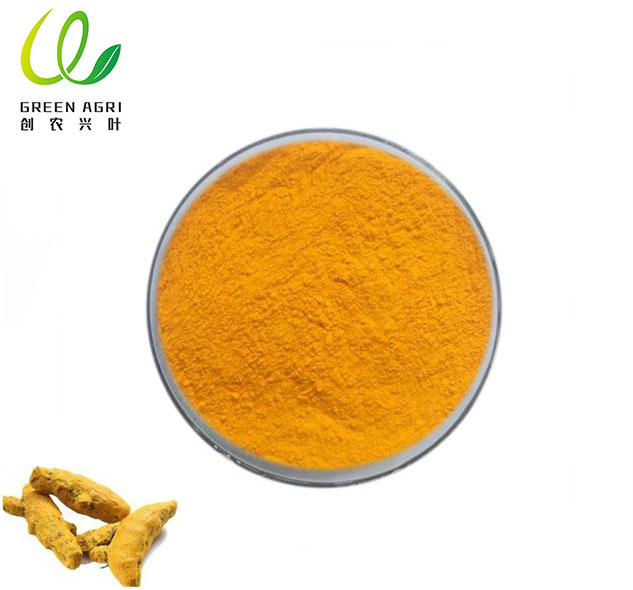
Products Guarantee:
- Have ISO, FDA, HALAL, KOSHER, FSSC22000 certifications;
- Manufacturing Process Optimization;
- U.S Warehouse Service;
- Flexible QC Solution;
- 30% Cost Saving;
- 13 patents.
Service:
- We serve agents, distributors, traders, B2B customers;
- Support for Amazon business, Small business friendly;
- Support sending samples;
- 1-by-1 Product Inspection;
- Support COA Request;
- Competitive Prices.
Conclusion
Incorporating turmeric into your dog’s diet can offer a range of health benefits, from reducing inflammation and supporting digestive health to enhancing skin condition and potentially preventing cancer. As a trusted turmeric manufacturer, we encourage you to explore the many ways to add this golden spice to your dog’s meals. If you are interested in the turmeric powder we produce, please contact us immediately.













